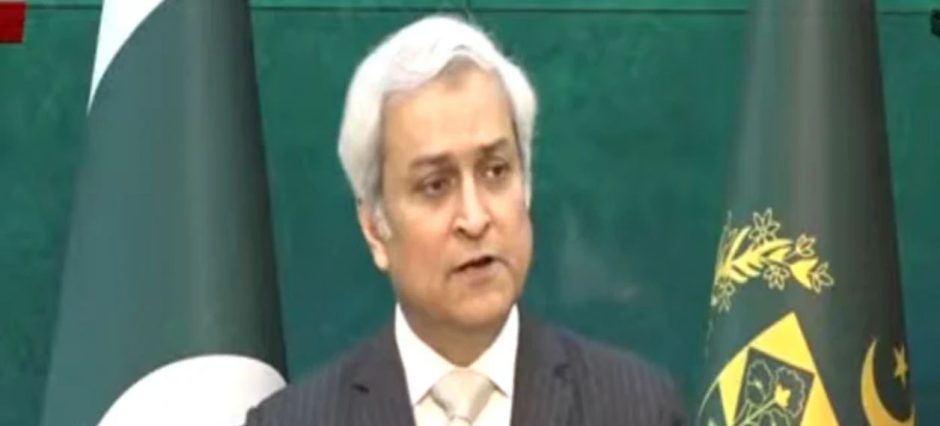Pakistan has shared what it describes as “evidence-based and logical demands” with mediators Turkiye and Qatar during the ongoing third round of talks in Istanbul with the Afghan Taliban administration. The discussions are focused on finding a way to stop increasing cross-border attacks originating from Afghan soil, according to the Foreign Office on Friday.
The negotiations, facilitated jointly by Ankara and Doha, aim to address a growing concern in Pakistan regarding the presence of militant groups who it says operate from across the border and have been involved in a series of violent incidents inside Pakistani territory. Pakistan maintains that these outfits are using Afghan land as a safe haven, something Islamabad insists must be addressed immediately.
Foreign Office spokesperson Mumtaz Zahra Baloch stated that the country has put forward clear and evidence-supported expectations, asking the Afghan interim authorities to take practical and verifiable steps in preventing militants from planning or executing attacks on Pakistan. She emphasized that Pakistan is not seeking concessions but is demanding adherence to commitments already assured under previous diplomatic and regional security frameworks.
The spokesperson further highlighted that Pakistan has consistently supported stability in Afghanistan and does not wish for tensions to escalate. However, Islamabad considers cross-border terrorism a matter of national security that cannot be overlooked. She noted that Pakistan has repeatedly asked the Afghan administration to dismantle the operational spaces of militant factions and ensure that its territory is not used against neighboring states.
Meanwhile, Pakistan continues diplomatic outreach on other regional fronts. Prime Minister Shehbaz Sharif recently began a two-day official visit to Azerbaijan, where discussions on expanding cooperation in trade, energy, and investment remain central.
Observers view the Istanbul talks as a critical diplomatic moment. If the negotiations succeed, they could pave the way for more structured cross-border security arrangements and help defuse rising tensions. However, analysts caution that progress depends on the Afghan Taliban’s willingness and ability to curb militant movements inside Afghanistan an issue complicated by internal dynamics and limited administrative capacity.
For now, both sides are expected to continue dialogue, with mediators urging patience, restraint, and a shared commitment to regional peace.











